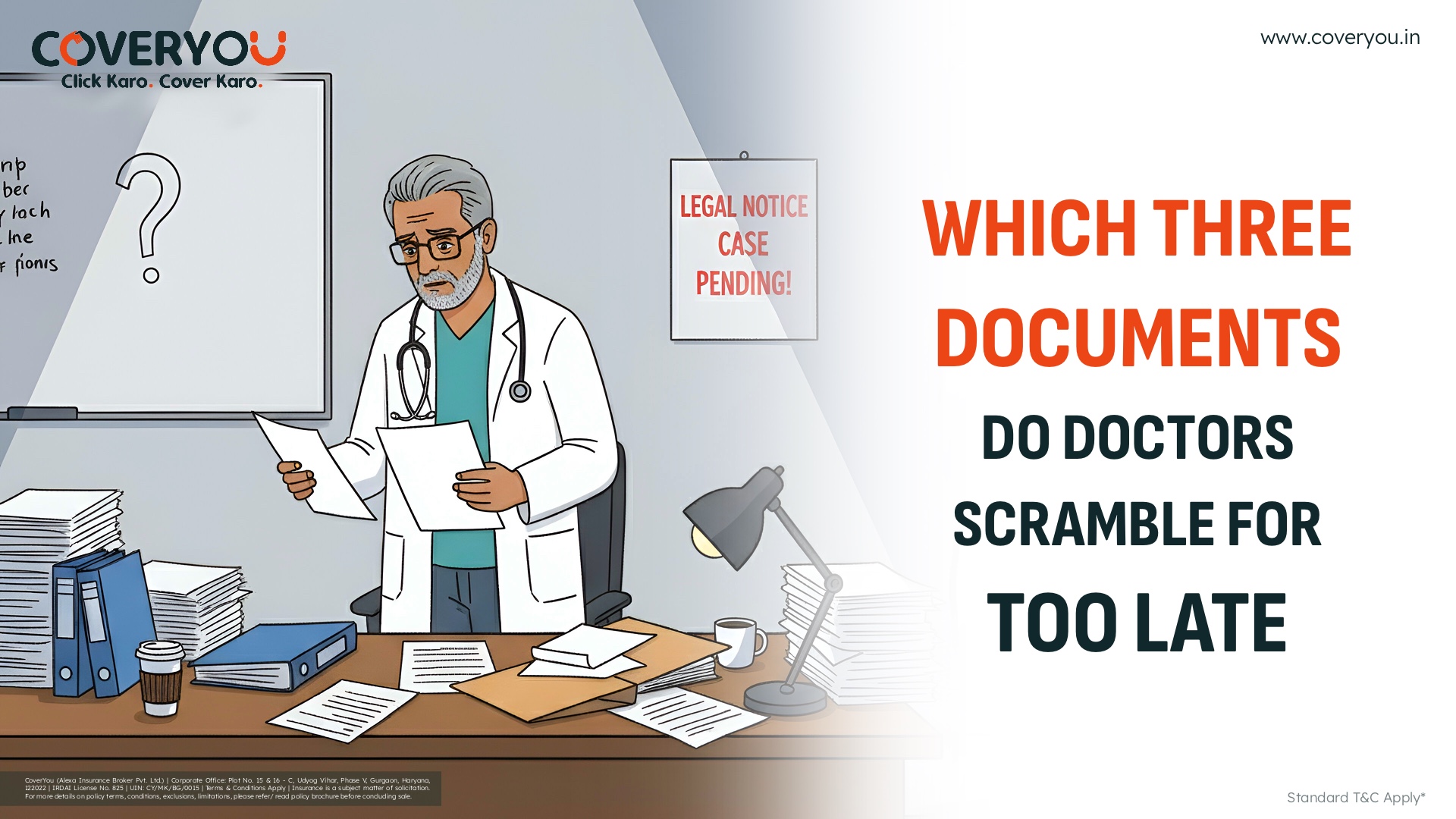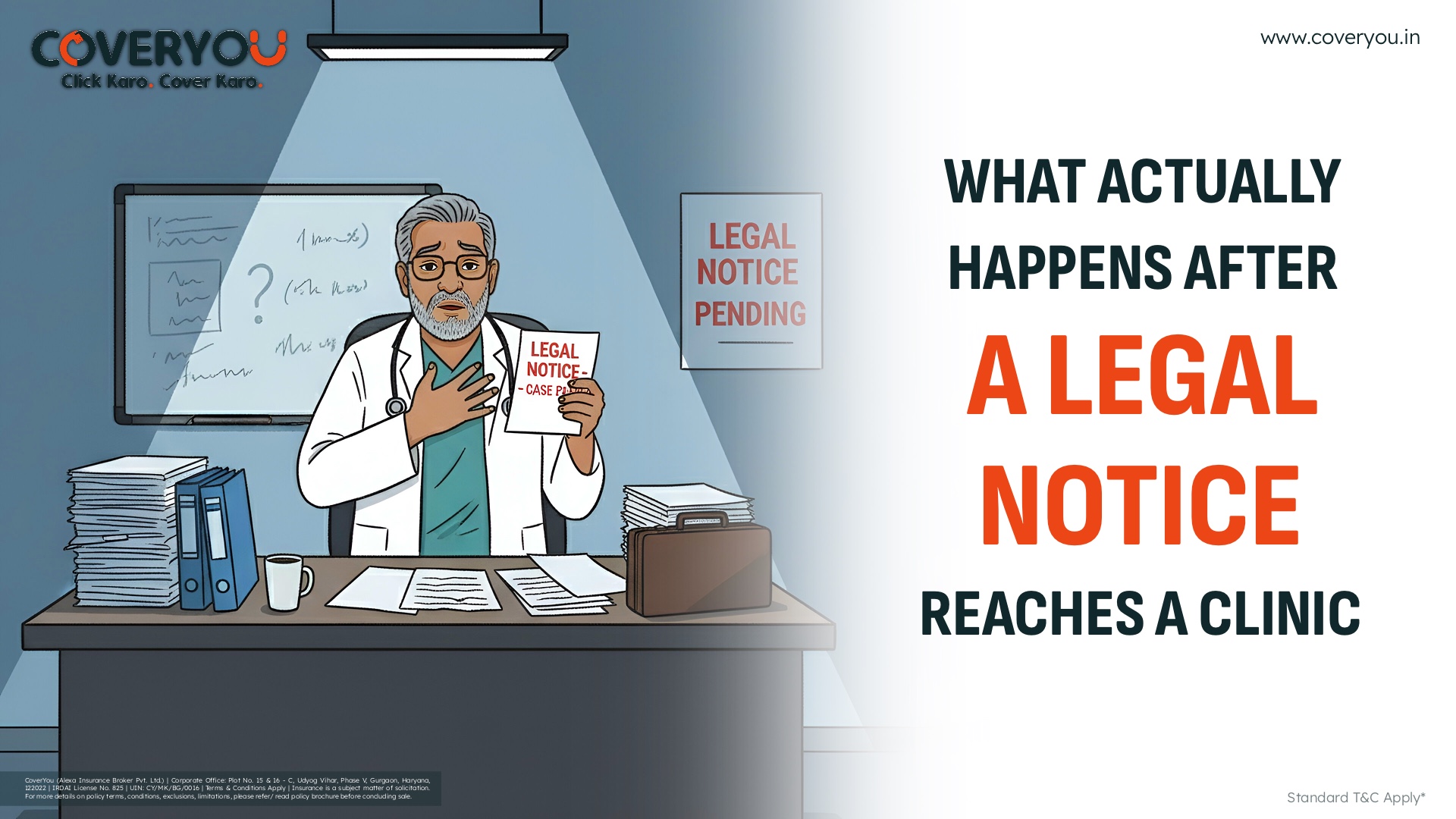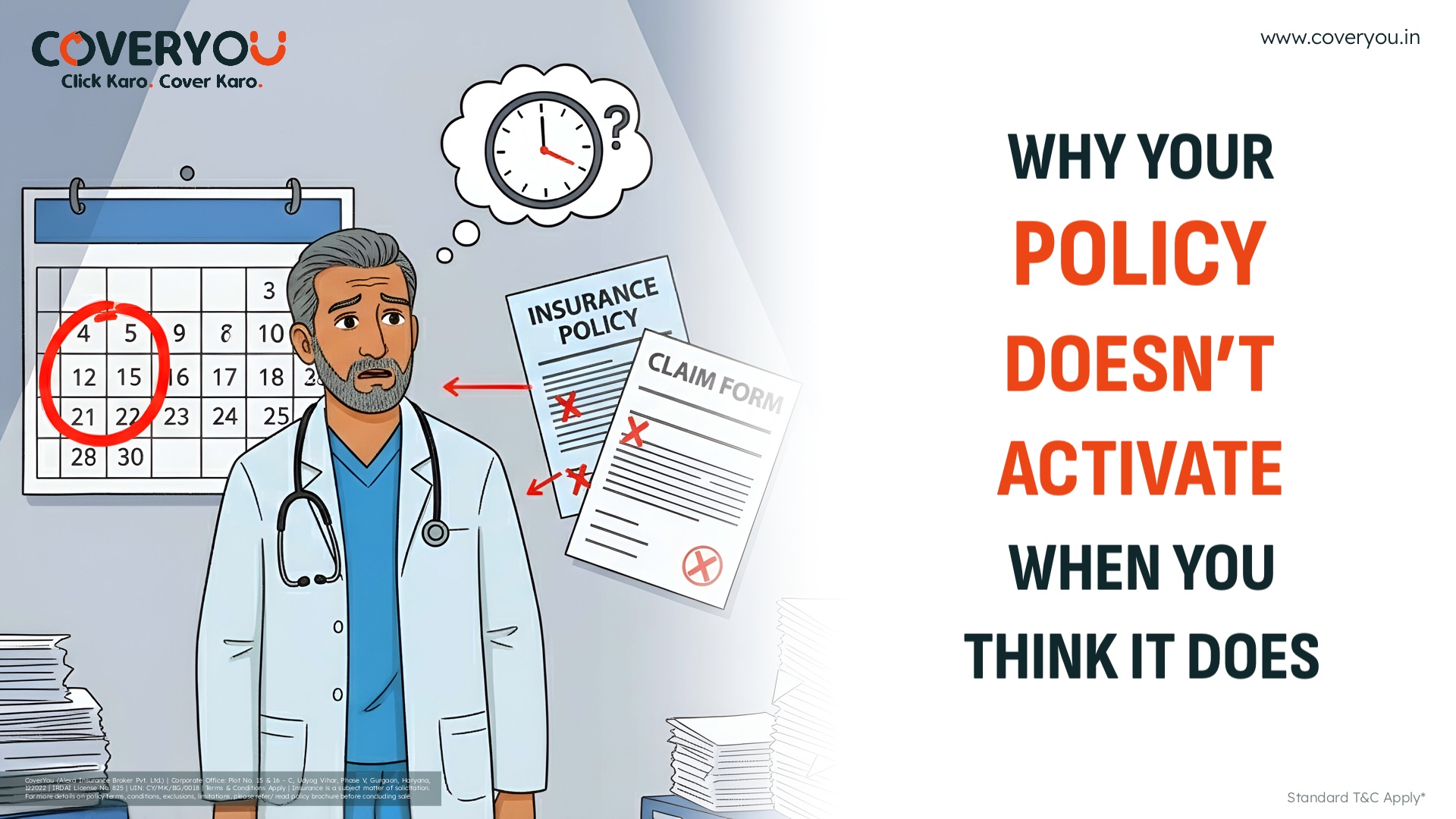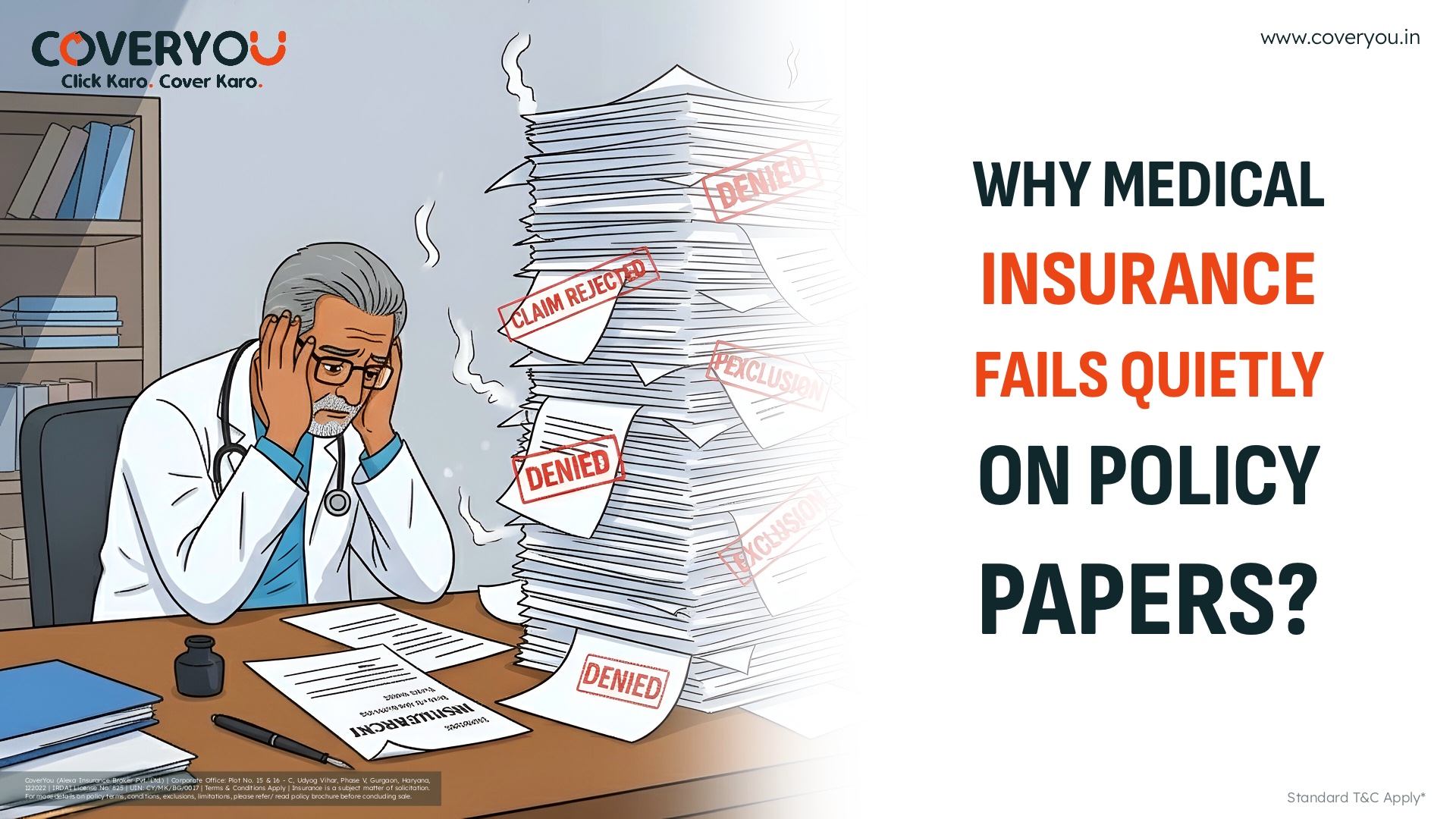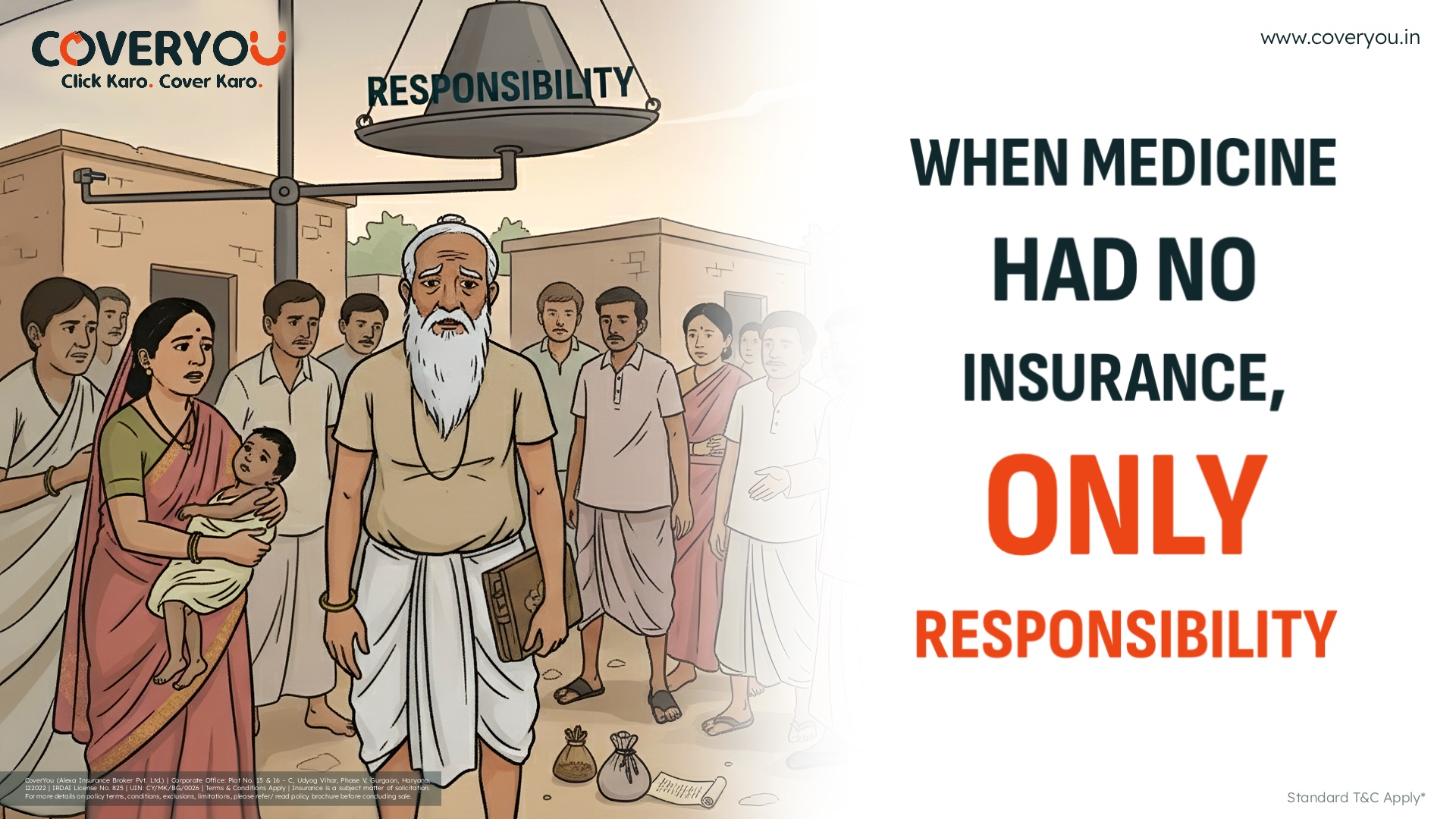Introduction
Doctor’s Indemnity Insurance is also known as Medical Malpractice Insurance. This insurance company will provide you with financial protection and pays all your claims, provides legal protection by hiring a lawyer and protects your professional reputation. Like this many types of benefits are provided by the insurance company to policyholders.
Table Of Contents
- How to handle claims and disputes with Doctor’s Indemnity Insurance
- Types of professional indemnity claims for doctor
- Documents required for claims
- Validity of Medical Indemnity Insurance
- Steps should I take if I feel that my Doctor’s Indemnity Insurance provider is not handling my claim in a fair or timely manner?
- FAQ’s
How To Handle Claims And Disputes With Doctor Indemnity Insurance
It is necessary to know how to handle claims and disputes when you have Doctor Indemnity Insurance. Following are the steps you should follow:
- Inform your insurance provider as soon as possible: If someone files a claim against you. You have to inform your insurance provider as soon as possible. Because policies require some time to report claims.
- Provide all relevant documents: While reporting a claim you will give all your required documents. So, be prepared to give your all the required documents.
- Cooperate with insurance provider: The insurance provider does some investigation about the claim so you have to cooperate with him and give every information which he asks for.
- Keep detailed records: You have to keep detailed records of your communication. Which is done by phone calls, messages or emails. It helps you to know the progress of your report.
- Take legal advice if necessary: If you report a claim to your insurance provider. You should have to take legal advice from a lawyer. Who can make you understand your rights and obligations?
Types of Professional Indemnity Claims against Doctors
There are several types of claims that doctors may face as follows:
- Medical negligence claim: this claim is charged when a patient gets harmed by not due to a lack of proper care or treatment.
- Breach of confidentiality claims: this type of claim is filed when a patient’s confidential information is leaked without their consent.
- Misdiagnosis claims: misdiagnosis claims are filed when a doctor cannot diagnose a condition or disease correctly. And this may cause harm.
- Improper treatment claims: this type of claim is charged when a doctor gives a treatment that is not appropriate for the patient and the patient gets harmed.
Documents required for filing a Claim
There are some common documents required for reporting a claim:
- Incident report: incident report is that report in which is report should detail what happened, who was involved and any other details.
- Medical records: if the patient or their family members charges a claim against medical treatment. So the medical record necessary includes diagnosis, treatment plans, medications and other records related to them.
- Consent forms: the consent form signed by the patient is required if a claim is related to the failure of informed consent.
- Witness statements: if there is a witness presented of the claims. At that time a witness statement is also required.
- Insurance policy: your insurance policy will require you to know your limitations and coverages.
It is very important to always consult with your insurance provider to know if the correct documents are required.
Validity of Medical Indemnity Insurance
The validity of Medical Indemnity Insurance is an important consideration for healthcare providers or doctors. There is some factor to know the validity of medical indemnity insurance:
- Policy coverage: it is important to confirm that the policy covers all potential risks that may happen at the time of practice.
- Policy limits: the policy should have limits of liability covering some damages or losses. The policy’s limit will depend on the type of risk involved.
- Policy terms and conditions: the policy’s terms and conditions should be clear. To know what will be covered or what will not be covered under the policy.
- Insurance provider: the insurance provider should have a good reputation and be famous for providing good qualities of service.
- State and national regulations: healthcare professionals should know that indemnity insurance will fulfil all the state and national regulations.
Overall the validity of indemnity insurance depends on the policy and insurance provider.
Steps I should take if my Doctor’s Indemnity Insurance provider is not responding to my claims promptly?
If you feel that your indemnity insurance provider is not handling your claim promptly you may have these options:
- Contact your insurance provider
- Review your policy
- Keep records
FAQ’S
Q1. What should I do if I believe I have a valid claim against my doctor’s indemnity insurance policy?
Ans. If you believe that you have a valid claim against your Indemnity Insurance policy. The following steps may be helpful for you to review your insurance policy and understand the terms and conditions, contact your provider immediately, gather supporting documents and so on.
Q2. How long does it typically take to resolve a claim or dispute with Doctor Indemnity Insurance?
Ans. The time it takes to solve a claim with Doctor’s Indemnity Insurance depends on the type of claim which includes the complexity of the case, type of damage, cooperation of involved parties, amount of damages and all.
Q3. What information and documentation will I need to provide to support a claim?
Ans. There is some following information and documentation you will need to provide to support a claim such as receipts and invoices, medical records, details of the claim, witness statements, public reports and all.
Q4. Can I appeal a decision made by my doctor’s indemnity insurance provider?
Ans. Yes, you also have the option to appeal a decision made by your doctor’s indemnity insurance provider. This includes giving detailed explanations of the claim and providing additional documentation and so on.
Q5. What steps should I take if I feel that my doctor indemnity insurance provider is not handling my claim in a fair or timely manner?
Ans. You may follow these steps as contacting your provider, reviewing your policy and keeping records and so on.

